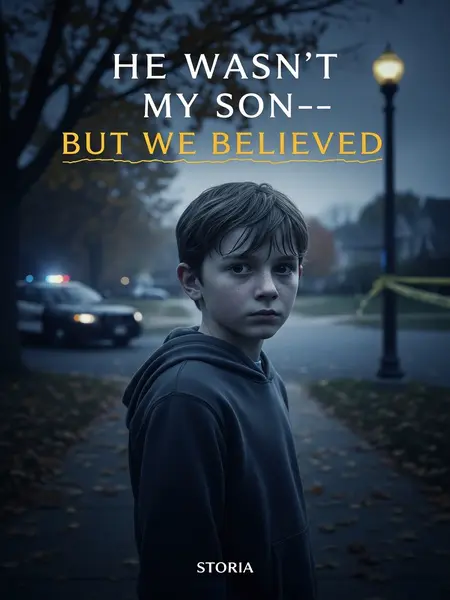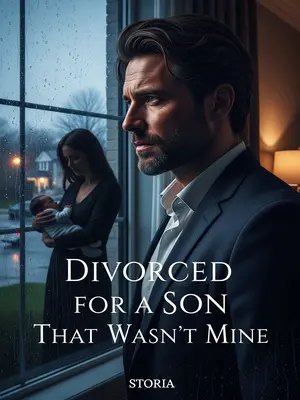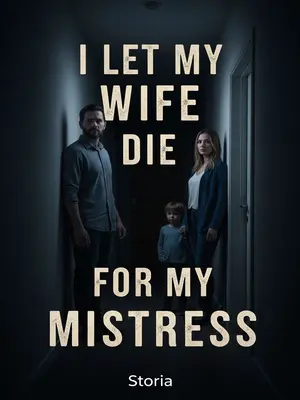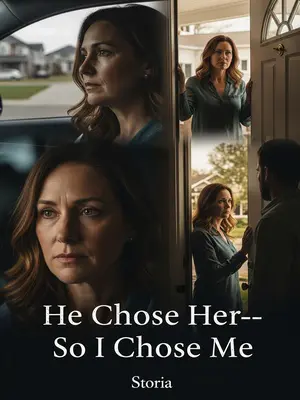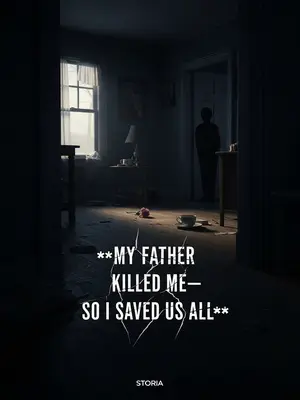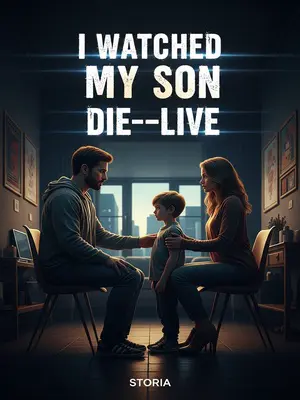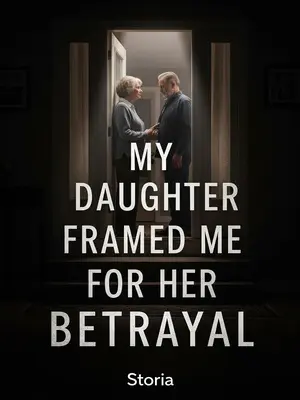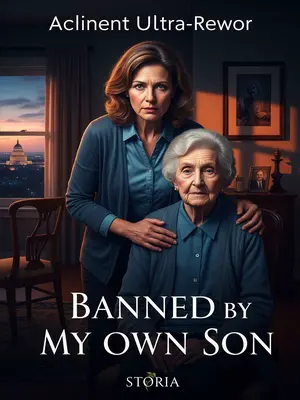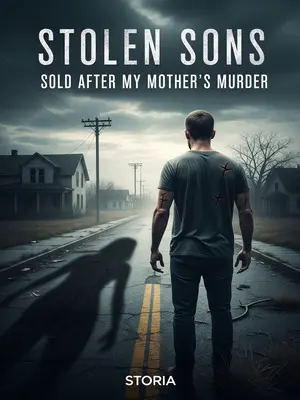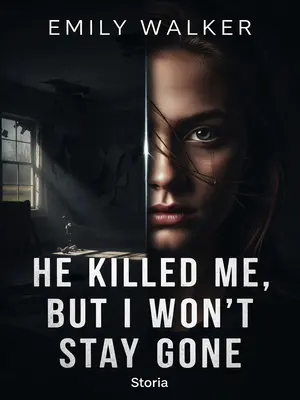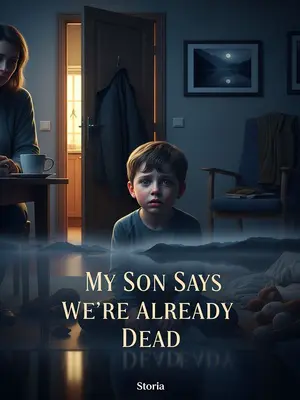Chapter 2: The Boy Who Returned Wrong
People kept shaking their heads, saying, “You couldn’t make this stuff up.” Truth is, sometimes what happens here is wilder than any story you could dream up. And this? This was one for the books.
On this particular morning, FBI agent Nancy Whitaker’s phone buzzed before she’d even finished her breakfast burrito. The call was urgent—one of those that made your gut tighten. Nancy was the sort who kept a battered travel mug of black coffee in her hand and a stack of files riding shotgun in her pickup. She wiped salsa off her fingers, grabbed her badge, and hustled to the briefing room, heart already thumping. She’d worked missing kids before, but this one had a chill to it. Something different.
Her supervisor’s voice was clipped, the kind of tone that said, “We’re in deep, Whitaker.” The file was thick—red tabs, foreign police reports, the whole works. Nancy flipped through the pages, eyes narrowing. This wasn’t some runaway. This was big.
The centerpiece of the file: a 13-year-old from Texas, Nathaniel Brooks—Nate, to his friends. The school photo was clipped to the front. Freckled, crooked grin, hair that wouldn’t quit. Nancy lingered on that picture, searching for something in the kid’s eyes. What had he seen? Was he still out there, hoping somebody was coming for him?
Three years gone, and now—suddenly—he’d turned up in Madrid, Spain. Nancy whistled under her breath. Texas to Spain. That was one hell of a leap. She scribbled a note to call the Madrid station, already picturing the international phone bill.
The story Nate told was wild. He said he’d been grabbed by military men, bundled into a van, and swept away. It sounded like a movie script, but Nancy had learned to listen close. Trauma does strange things to memory, sure—but sometimes, the wildest stories have a kernel of truth. She wrote down every word.
He said it happened on his way home from school—men in black suits, a van, the kind of scene you’d expect in a spy thriller. But the details were sharp. Nancy pictured it: a quiet street, late sun, a van idling at the curb. She jotted down every detail, just in case.
He described a small, windowless room—fluorescent lights buzzing, the sharp tang of bleach, the kind of fear that settles in your bones. Nancy felt a chill run up her spine. She’d seen enough holding cells to know how a place like that could scramble your mind.
Nate had no idea what was coming. Nancy underlined the line in her notes. She’d worked with missing kids before, but this one—this one sounded like he’d been to hell and back. She felt the old ache in her chest, the weight that never quite went away.
He said they came in like ghosts—no words, just fists and boots. Violence without explanation. Nancy clenched her jaw, anger bubbling up. She’d seen too many kids hurt by monsters in the dark.
The details spilled out—bruises, broken bones, words that cut deeper than knives. Nancy made herself listen. She owed him that much.
He described needles, wires, cold hands pinning him down. It sounded like a nightmare, but the scars on his arms spoke for themselves. Nancy’s stomach turned, but her voice stayed steady. She’d learned to hide the shake in her hands.
He said they injected him with chemicals—claimed it changed his eye color. Nancy blinked, scribbling a note to ask the bureau’s medical examiner. Still, the kid’s eyes were different now. Hard to argue with that.
He pointed out faint scars behind his ears, along his jaw. Nancy looked closer, cataloging every mark. She wondered what kind of monsters would do this to a child.
He rattled off drug names he could barely pronounce. Nancy wrote them all down, promising herself she’d check every one. The story kept getting stranger.
Then came the worst of it—he said they made him entertain clients. Powerful men. Things that made Nancy’s hands curl into fists. She’d seen darkness before, but this was something else. She promised herself she’d get justice for him.
He described the beatings in a monotone, as if it was just part of the routine. Nancy wanted to reach out, to comfort him, but she knew better. Sometimes, all you can do is listen.
